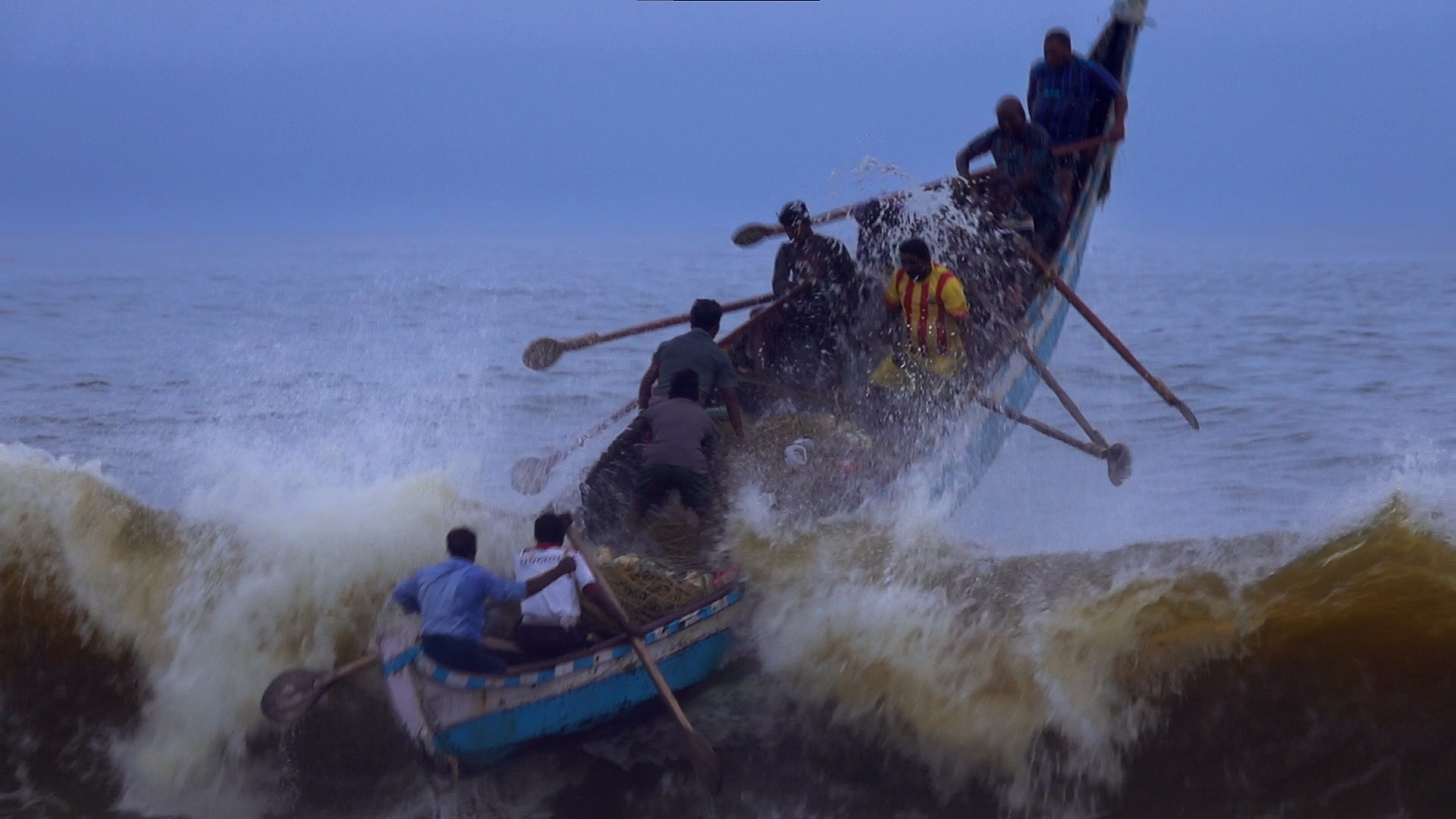Fishers on the First Mile: Early Warning Early Action by Traditional Fishers of Southwestern India

Authors: Max Martin, Department of Life Sciences, Christ University, Bengaluru; visiting research fellow, School of Glob-al Studies, University of Sussex, UK
The study examines how traditional fishers in Thiruvananthapuram, southwestern India, respond to early warning systems (EWS) in the context of increased risks due to climate change and extreme weather. The region is home to over 50,000 traditional fishers who rely on diverse fishing methods in artisanal crafts, from shore seining to ring seining and fiberglass boat fishing. As climate change has intensified tropical storms and altered marine weather, the need for effective early warning early action (EWEA) has become critical for these communities.
The research combines fieldwork with focus groups, interviews, and conversations with 50 fishers from five villages. It explores how fishers use and perceive weather forecasts, early warnings, and their own traditional knowledge to navigate risks posed by dangerous sea states, wind patterns, and storms. The findings reveal a gap between the scientific forecasting provided by agencies like the Indian Meteorological Department (IMD) and Indian National Centre for Ocean Information Services (INCOIS) and the fishers' needs for localized, actionable information.
While forecasts are frequently used, they are often not trusted or fully utilized due to inaccuracies, overforecasting, and the economic pressures fishers face to continue working despite risks. Fishers still rely heavily on their local knowledge, observing sea conditions and weather patterns firsthand, but demand more precise, localized, and timely forecasts to better inform their decisions.
The paper emphasizes the need for improving communication between forecasters and fishers, enhancing EWEA systems by incorporating traditional knowledge, and providing more tailored marine forecasts to reduce risks and support sustainable fishing livelihoods. It concludes by calling for better integration of localized EWEA into marine forecasting systems to enhance the resilience of these coastal communities in the face of climate change.
Explore the executive summary or full paper for more details.

This research was funded with UK International Development from the UK government. It was part of a multi-country research initiative led by the Global Disaster Preparedness Center of the American Red Cross. Access all final publications here.
